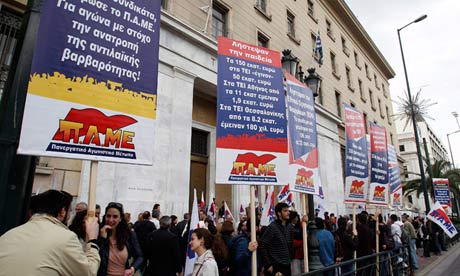The next 12 months will decide the fate of the eurozone. The
single currency's problems have not gone away and will again dominate
this week's meeting of the International Monetary Fund in Washington.
Every one of those attending knows that the crisis could erupt again at
any moment; last week's selloff in Spanish and Italian bonds was like
the puff of smoke billowing out of a volcano getting ready to blow.
Here's a summary of how things stand. The
euro
was constructed on the false premise that monetary union would lead to a
harmonisation of economic performance across member states.
Greece
would become like Germany; Portugal would be similar to Finland.
Instead, the euro has led to a widening gulf between rich and poor, and
this has been brutally exposed by the
financial crisis and its aftermath.
It
became clear that the countries on the periphery of the eurozone had a
cocktail of problems. Their economies were much less productive than
those at the core, so they were gradually becoming less competitive.
They had shaky banking systems. And they had weak public finances.
Investors, unsurprisingly, came to believe that holding Greek, Italian
or Spanish bonds was risky, and demanded higher interest rates for doing
so. This added to the pressure on banks and governments, and by pushing
up borrowing costs, affected growth prospects as well.
By late
last year the eurozone was on the brink of meltdown. At that point, the
European Central Bank stepped in and announced long-term refinancing
operations (LTROs). These pumped unlimited ultra-cheap money into the
eurozone banking system to satisfy the funding needs of banks for three
years.
The idea was to kill two birds with one stone. Banks would
have more cash and could use it to buy government bonds in their own
countries, thus driving down interest rates and so boosting growth.
This
was a high-risk strategy that depended on the crisis-affected countries
quickly returning to steady and robust growth. If they didn't, their
banks would be loaded up with government bonds and vulnerable to a
selloff in the markets.
In the past couple of weeks this
possibility has dawned on markets. They have started to mull over a
scenario in which a deepening recession in Spain leads to the government
missing its deficit-reduction targets, prompting rising bond yields and
eventually necessitating an international bailout.
There is much talk in European circles about how Greece was a one-off. Few in the markets believe that.
In
the very worst case the euro will break up entirely, leaving the ECB
nursing big losses and ruing the day when it embarked on an expansion of
the money supply.
As George Soros noted last week, the Bundesbank
perceives the risk, which is why it is campaigning hard against any
further LTROs. The message from Germany, and from other core countries,
is that it is time for Spain, Italy, Greece and Portugal to start
delivering on their promised structural reforms.
All that explains why Christine Lagarde, managing director of the IMF, keeps insisting that
Europe
has bought itself just a little time to sort out its problems. Lagarde
is absolutely right about that: the single currency has arrived at a
three-pronged fork in the road.
Route number one is Austerity
Avenue. The eurozone continues on the same road, the poorer countries on
the fringe making themselves more competitive by what is known as
internal devaluation. This involves driving down production costs via
wage and welfare cuts, and state assets selloffs. Living standards take a
big hit for a prolonged period, but eventually countries such as Greece
bridge the gap between themselves and Germany.
Economic and
political problems beset this route. Austerity is killing growth, making
it harder to reduce government borrowing, and it inflames populations
unhappy at the prospect of falling living standards year after year.
It's a bumpy road; it could also prove a short one.
Next up is the
High-Investment Highway. The premise for this route is that the single
currency can survive but only if measures are taken to stimulate growth.
Soros proposed a plan last week in which all countries could refinance
their debts at the same rate – but, as he admitted, this would never get
past the Bundesbank.
Another idea, suggested by the former Labour
MP Stuart Holland, is bond-financed investment programmes modelled on
Roosevelt's New Deal. This would have two components: Union bonds, under
which a country could convert up to 60% of its national debt into
non-traded Union bonds; and Eurobonds, which would be traded and
actively marketed to fast-growing countries of the emerging world
wanting an alternative to dollar reserves.
The idea, which caught
the interest of France's socialist presidential candidate, François
Hollande, would be to use Union bonds to stabilise debt and Eurobonds to
finance investment.
As with the Soros plan, this would no doubt
run into stiff opposition from Germany. It would also involve a much
higher degree of fiscal integration. But if Austerity Avenue is a dead
end and High-Investment Highway a road to nowhere, that really leaves
only one other exit: Buenos Aires Boulevard.
A paper published last week by Capital Economics described the similarities between the struggling eurozone countries today and
Argentina
in the late 1990s. Argentina had fixed the peso against the dollar
irrevocably at the start of the 90s but, after a few good years of
strong growth and low inflation, by the end of the decade was under
severe strain.
The solutions tried now in Greece – austerity, debt
rescheduling, IMF programmes – were tried in Argentina to no avail.
Indeed, output crashed, making the country's debt position even worse.
Eventually the pressure was too much and Argentina devalued and
defaulted.
But far from the sky falling in, which was what the IMF
and the other proponents of orthodoxy predicted, Argentina's growth
averaged 9% a year from 2003 to 2007.
As Andrew Kenningham, of
Capital Economics, accepts, Greece would not be expected to do nearly as
well as post-crisis Argentina, which benefited from rising commodity
prices and did not have to cope with the inevitable contagion effects
arising from a country leaving a single currency. But, he says,
Argentina's example offers a "painful but viable" exit from the crisis
that the current deflationary policies do not. And unless policymakers
in Europe can offer their citizens somethingmore enticing than endless
austerity, a stroll down Buenos Aires Boulevard will look increasingly
enticing.


 Credit: Prakash SINGH / AFP
Credit: Prakash SINGH / AFP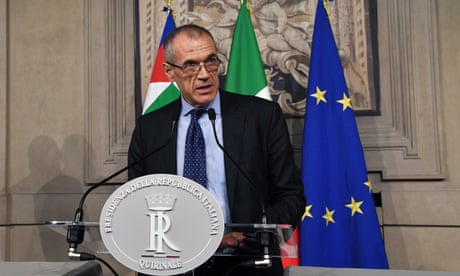



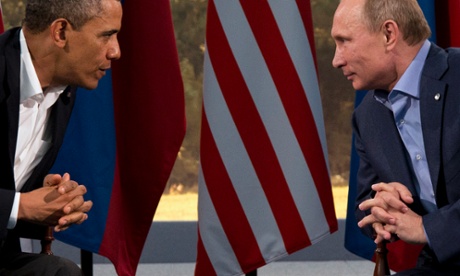

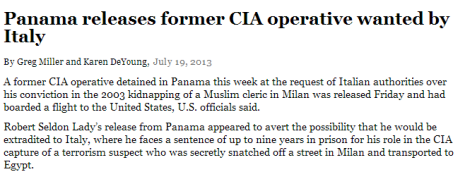

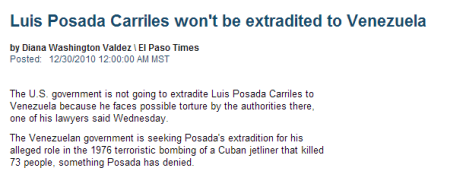


 Comment
Comment
